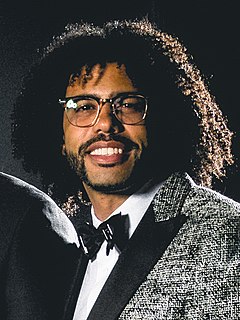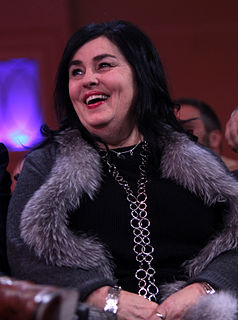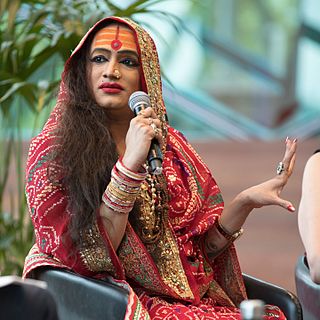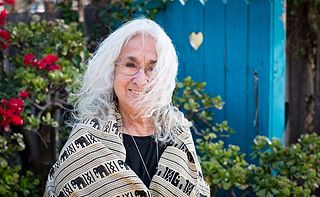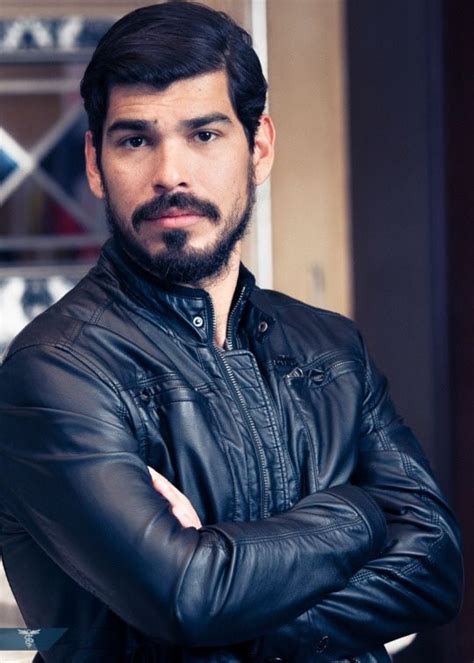A Quote by Stephanie Land
We need to look marginalized people in our community in the eye and listen to their stories of struggle, heartache and impossibility.
Quote Topics
Related Quotes
Whether you look at 'Glee' and its normalization of gay identity or you look at the work of Martin Scorsese and the Italian-American community, American culture is able to take these stories, which are seen as marginalized, and just turn them into American stories. And you don't think twice about it.
I try to educate people. I've told the hijra community that it's not about getting breasts or having sexual reassignment surgery. First we need our rights. We need our dignity. We need inclusion in every bloody policy for the marginalized. We need education. We need dignified shelter. There are many like me who are able to earn without begging. But the fact is that before even coming into the social sector, I was running a dance class, and before that I was a model coordinator. I didn't want to beg, or do sex work, or sell myself.
In my lifetime I have seen democracy begin to expand, not only to include those who have been excluded, but to provide a listening arena, a vocabulary, an intelligent reception for stories that have been buried. Not just stories of the disenfranchised and the marginalized, but marginalized and disenfranchised histories even in the lives of the accepted and the privileged.
Stories move in circle. They don’t move in straight lines. So it helps if you listen in circles. There are stories inside stories and stories between stories and finding your way through them is as easy and as hard as finding your way home. And part of the finding is the getting lost. And when you’re lost you start to look around and to listen.
For girls and women, storytelling has a double and triple importance. Because the stories of our lives have been marginalized and ignored by history, and often dismissed and treated as 'gossip' within our own cultures and families, female human beings are more likely to be discouraged from telling our stories and from listening to each other with seriousness.


